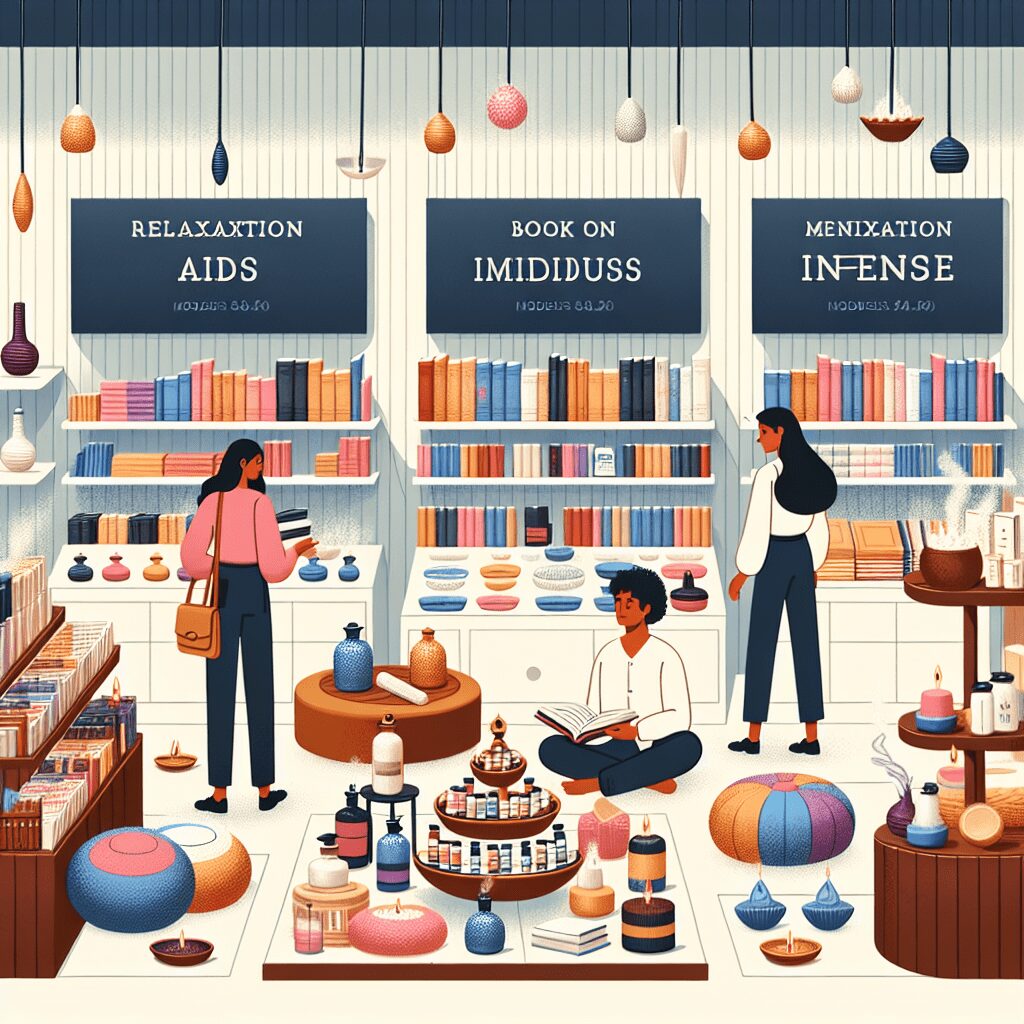
Prioritize your mental well-being daily. Enhance your life by nurturing your mental health with the Smart Meditation app. Break free from stress, alleviate anxiety, and enhance your sleep quality starting today.
Does Anxiety Cause Heart Pain?
Unraveling the Enigma: Can Anxiety Trigger Heart Pain?
In the rollercoaster ride of life, where stress and anxiety often take the driver’s seat, it’s not uncommon for folks to wonder if that tightness in their chest is just a pit stop of panic or something signaling a more serious detour. Anxiety, that pesky backseat driver, is notorious for blurring the lines between mind and body issues. But does it really have the power to manifest as physical pain in the heart? Let’s dive in and dissect this conundrum, shall we?
The Heart of the Matter: Anxiety and Chest Pain
First things first, when it comes to the human body, it’s a well-oiled machine but not without its quirks. Anxiety, the body’s natural response to stress, can sometimes throw a wrench in the works, leading to surprising physical symptoms. Here’s where it gets interesting—yes, anxiety can indeed cause chest pain. But how, you ask? Let’s chalk it up to the body’s “fight or flight” response gone awry.
When anxiety kicks in, it sends your body into overdrive. Your heart starts pounding like a drum at a rock concert, your muscles tense up as if bracing for impact, and your breathing becomes fast and shallow. This symphony of reactions can lead to chest pain or discomfort, often mistaken for a heart attack. Lo and behold, the power of the mind over the body!
Distinguishing Performers in the Pain Parade
Now, hold your horses! Before you self-diagnose, it’s crucial to spotlight the difference between anxiety-induced chest pain and the pain that signals heart issues. Here’s a quick rundown:
-
Quality of Pain: Anxiety-induced chest pain tends to be sharp and stabbing, often localized to a specific area. Heart-related pain, on the other hand, feels more like pressure or squeezing and can spread to other parts of the body.
-
Duration: Pain from anxiety usually lasts a few minutes and might be linked to specific stressors or panic attacks. Cardiac pain, however, is persistent and sticks around longer.
-
Triggers: Stressful situations or thoughts often trigger anxiety-induced pain. In contrast, physical exertion or activity might provoke heart-related pain.
So, if your chest starts acting up amid a stress fest, chances are it’s anxiety knocking. But, and this is a hefty but, always err on the side of caution. If there’s ever an iota of doubt, seek medical advice posthaste. Better safe than sorry, as they say.
Navigating Through the Storm
Alleviating anxiety-induced chest pain boils down to tackling the root cause: the anxiety itself. Here are a few strategies to keep your anxiety in check and show chest pain the exit door:
-
Deep Breathing: When anxiety amps up, return to your breath. Deep, slow breathing can help calm your nervous system and ease chest pain.
-
Stay Active: Regular exercise is a fantastic stress buster that can keep anxiety at bay.
-
Mind Over Matter: Engage in mindfulness or meditation. These practices help center your thoughts and keep anxiety from going zero to a hundred real quick.
-
Seek Support: Sometimes, a problem shared is a problem halved. Talk therapy or counseling can be invaluable in managing anxiety.
The Takeaway
All things considered, while anxiety can, indeed, mimic heart pain, it’s important to keep a level head. Recognizing the signs and understanding the difference can save you a boatload of worry. However, never play fast and loose with your health. When in doubt, consulting with a healthcare professional is your best bet. After all, navigating the maze of anxiety and chest pain requires a map, and sometimes, you need a guide to help you through it. So, keep calm, carry on, and remember, you’ve got this.





